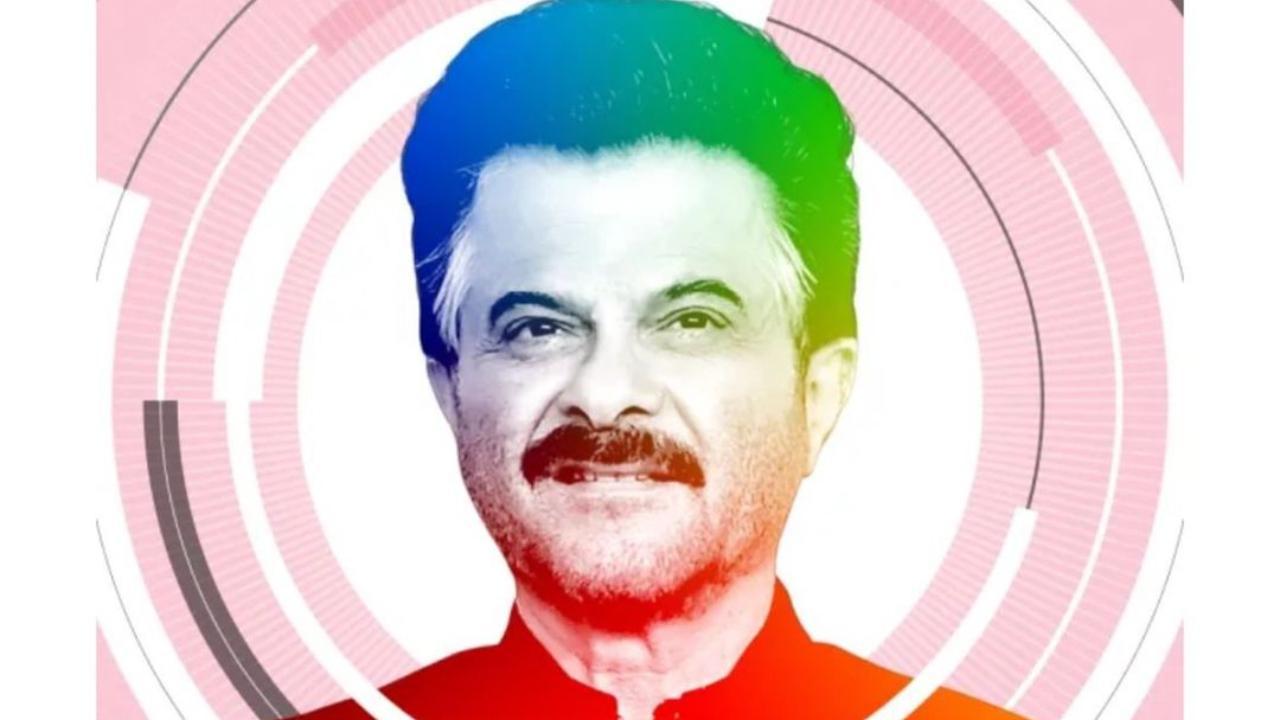
Bollywood star Anil Kapoor has broken new ground, becoming the only Indian actor to land a spot on TIME magazine’s esteemed list of the 100 Most Influential People in Artificial Intelligence. This recognition, shared with Hollywood actress Scarlett Johannson and primarily comprised of leading scientists, tech experts, and entrepreneurs, comes as a surprise to many. But the reason behind Kapoor’s inclusion lies in a significant legal victory he won against the misuse of his persona, a case that has broader implications for the growing field of AI.
The Delhi High Court ruling in favor of Kapoor in 2023 played a pivotal role in his inclusion on TIME’s prestigious list. The case centered around unauthorized exploitation of Kapoor’s personality rights for commercial purposes, an issue exacerbated by advancements in AI technology.
To delve into why Anil Kapoor made the list, we must revisit a legal battle that unfolded last year. Kapoor’s petition to the Delhi High Court highlighted how various websites and platforms were exploiting his name, image, voice, and other attributes, including his iconic catchphrase “jhakaas,” without permission. The court decisively ruled in Kapoor’s favor, restraining these unauthorized uses.
One crucial aspect that the Delhi High Court emphasized in its interim order was the potential misuse of Kapoor’s likeness through AI. “The technological tools that are now freely available make it possible for any illegal and unauthorized user to use, produce, or imitate any celebrity’s persona by using tools including Artificial Intelligence,” stated the court. The ruling acknowledged the right to privacy and the control over one’s image, voice, and likeness, especially to prevent it from being used inappropriately on pornographic websites or being morphed into offensive or derogatory content.
This acknowledgment by the court underscored the risks posed by AI technologies when misused to exploit celebrity personas. Anil Kapoor’s legal battle has thus not only protected his rights but also set a precedent, highlighting the need for regulatory frameworks to address the ethical dilemmas surrounding AI.
Similarly, Scarlett Johansson’s inclusion on the list also stems from issues related to AI and unauthorized use of her likeness. In May last year, Johansson expressed shock and outrage when OpenAI, a Microsoft-backed startup, launched an AI personal assistant voice that closely mimicked her own without her consent.
.
Nine months before this revelation, Sam Altman of OpenAI had approached Johansson about licensing her voice for a new AI-driven ChatGPT voice assistant. Altman suggested that Johansson’s voice would be comforting to users uneasy with AI technology. However, Johansson declined the offer for personal reasons.
A mere two days before the public launch of the new ChatGPT, Altman made another attempt to reach out to Johansson’s team, urging her to reconsider. Yet, before they could connect further, the company announced its new product. To Johansson’s dismay, the voice used seemed unmistakably similar to hers, so much so that even her close friends and news outlets were fooled.
“I was shocked, angered, and in disbelief that Mr. Altman would pursue a voice that sounded so eerily similar to mine that my closest friends and news outlets could not tell the difference,” Johansson said in a statement shared with NPR.
The cases of Anil Kapoor and Scarlett Johansson highlight a significant and growing concern in the realm of AI – the need to protect personal likenesses and voices from unauthorized and potentially exploitative use. Kapoor’s legal victory and Johansson’s outspoken stance against the unethical use of AI place them alongside top scientists and tech innovators as key figures in the discourse on AI ethics and governance.
As AI technologies continue to advance at a rapid pace, these high-profile cases underscore the importance of legal and ethical frameworks to prevent misuse and protect individual rights. The attention brought to these issues by celebrities like Kapoor and Johansson can drive broader awareness and dialogue, potentially influencing future legislation and corporate practices in the AI landscape.
Thus, while Kapoor and Johansson’s journeys into the realm of AI might seem unconventional, their contributions are invaluable. They shine a spotlight on critical ethical issues, shaping the future discourse and reinforcing the importance of protecting personal rights in the AI era.












